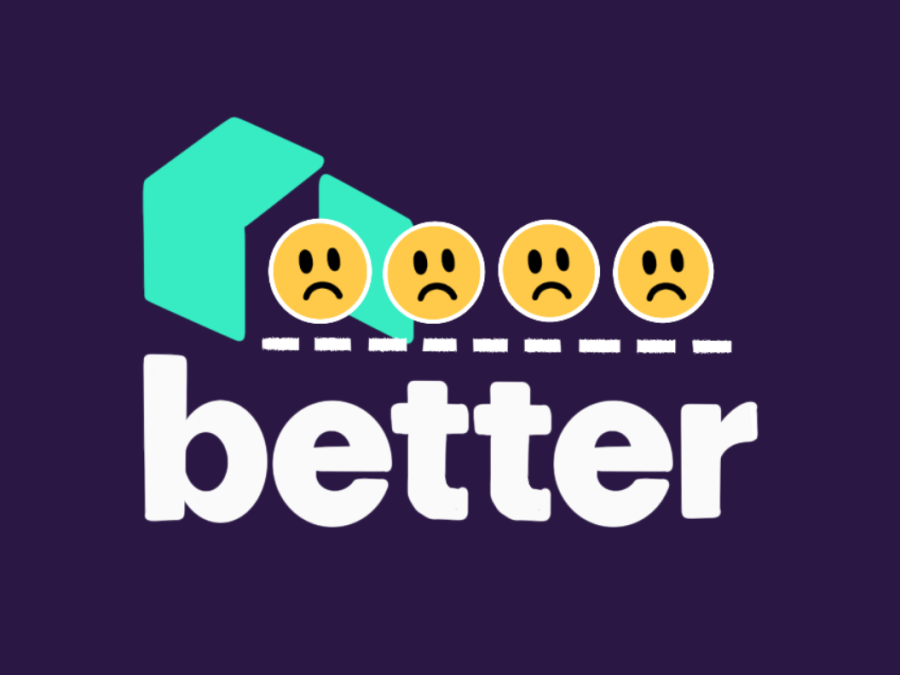Better lays off more employees after infamous Zoom firing
March 19, 2022
Better Holdco Inc. announced that it will be laying off more employees, two months after its CEO fired employees in a video call.
Better is a mortgage lending company founded in 2016 by CEO Vishal Garg. Following a deal with SoftBank Group Corp., Better’s estimated value was $7.7 billion, according to HousingWire.
During the COVID-19 pandemic, Better quadrupled in size after an aggressive hiring season. However, a massive firing of approximately 9% of its workforce followed.
During the infamous Zoom meeting call in December, Garg fired 900 workers and accused 250 employees of stealing from the firm due to their lack of productivity. Three months following this mass firing, four top executives resigned.
“If you’re on this call, you are part of the unlucky group that is being laid off,” Garg said on the Zoom call, according to CNN. “Your employment here is terminated, effective immediately.”
Not everyone agreed with Garg’s sentiments, according to a worker who was not fired and spoke with Business Insider.
Rather than Garg terminating the employees because he felt they were “lazy,” many felt that he should have given employees a chance to improve before going forward with the Zoom firing.
“I know a lot of the people who were laid off,” the worker said. “They weren’t lazy, and they weren’t unproductive. And even if someone wasn’t as productive as they could’ve been, they should’ve been given a chance to improve.”
Better’s layoffs following the Zoom firing have also caught the public’s eye due to its messy execution. These layoffs were due to, as said by CFO Kevin Ryan in a press release, “a dramatic drop in origination volume due to rising interest rates.”
In the latest employment terminations, employees were notified of their new unemployment status when their severance checks were accidentally sent out early.
“Better Layoffs have started,” an employee told TechCrunch. “Severance showing in our Workday app (which is payroll) as of 12 a.m. respective time zones. No email, no call, nothing. This was handled disgustingly.”
The company offers severance for 60 to 80 days, three months of paid health care coverage and support from career transition firm Randstad RiseSmart, according to the New York Times.
With these two firings at the forefront of their minds, it is as no surprise that current employees feel anxious about their job security. Virtual work is still relatively unfamiliar, but companies should ensure that employment should be the same as if the work were in-person.







